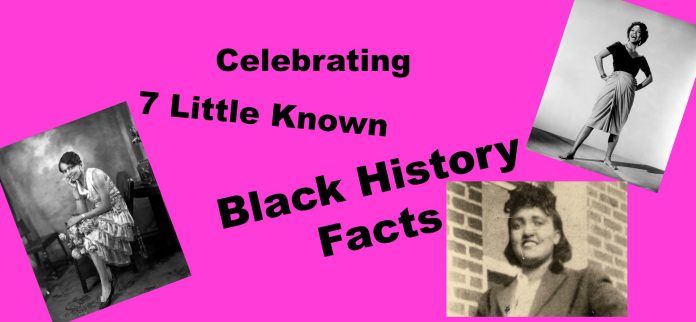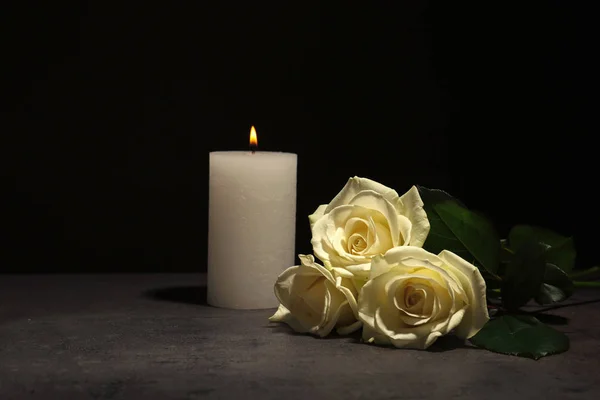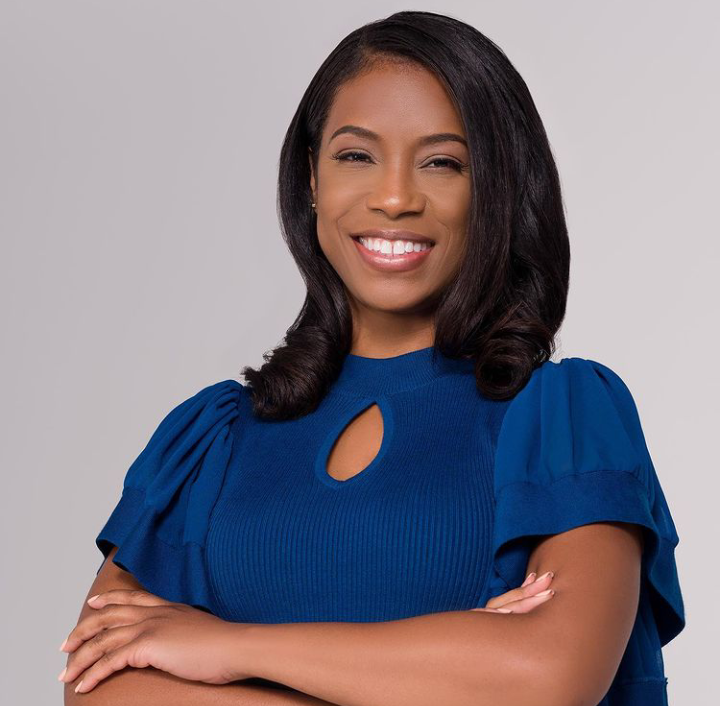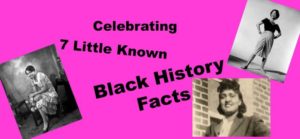
February is HERE! This is the month, if you choose to celebrate Groundhog Day, Valentine’s Day, President’s Day and last but not least—Black History Month.
Although Black History should be celebrated 24/7, 365 days a year—we get a special month to celebrate some of the most monumental moments in our history and learn new facts about our ancestors and members of our community that have taken history by storm in creating their own lanes of becoming the first, originators in weaving a path for us to follow.
With that said, here are 7 Little Known Black History Facts that may surprise you:
Claudette Colvin
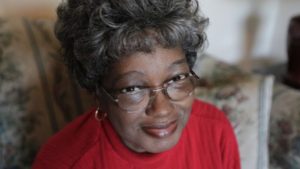
We’ve heard the story of Rosa Parks and her mark on the civil rights era, but have you heard of Claudette Colvin. Colvin set the precedent of Parks’ civil rights protest just 9 months earlier as a 15-year-old student from Montgomery, Alabama who refused to give up her seat. After a confrontation, Claudette was arrested but later released. Seen as an extremist and too young to be a part of the Civil Rights Movement, NAACP later used Rosa Parks as the face of the Bus movement. Colvin’s actions did not go unnoticed as she was used as a star witness in the landmark federal lawsuit Browder v. Gayle, which later ended segregation on public transportation in Alabama.
2. Esther Jones
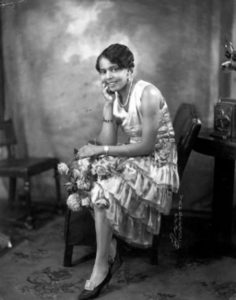
We’ve all heard of the baby singing cartoon character Baby Boop growing up. Did you know that the iconic character was inspired by a 1920s singer and entertainer named Esther Jones who was known for her “baby” singing style? Jones performed regularly at the famous Cotton Club in Harlem. The singer was known for her boo-boo-boo and doo-doo-doo scat singing, another singer by the name of Helen Kane attempted to steal Jones’ style by changing the words to boop-boop-a-doop which went on to become the inspiration for the voice of Betty Boop.
3. Phyllis Wheatley
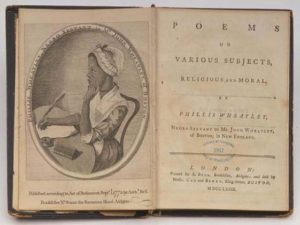
We have had some of the greatest African American writers in our history including famous poet Phyllis Wheatley who was the first African American woman poet to be published. Wheatley was sold into slavery at the age of seven or eight and was sold to the Wheatley family of Boston who later taught her to read and write. Wheatley’s book, Poems on Various Subjects, Religious and Moral published in 1773 brought her fame throughout England and the American colonies. Wheatley wrote another book of poetry that didn’t quite capture the reminiscent of her original works; however, some of her poems that were to be published in that volume were later in pamphlets and newspapers. Wheatley died of an illness in 1784.
4. Dorothy Dandridge
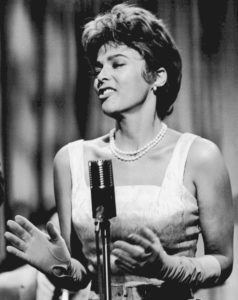
Dorothy Dandridge was very successful actress and singer before nabbing the role of Carmen Jones, which led her to be one of the first African American screen icons. In that time, Dandridge went on to be one of the first African American women nominated for an Academy Award in the Best Actress in a Lead Role category for her performance in the iconic 1954 film. The award went to actress Grace Kelly but the nomination skyrocketed Dandridge’s career and gave her more firsts including being the first black woman on the cover of Life Magazine. Dandridge’s legacy in film and entertainment went unnoticed for years until the 1980s when actresses like Cicely Tyson and Loretta Devine put her achievements in the forefront. Halle Berry, who went on to become the first African American woman to win an Academy Award in the Best Actress category, took on the role of Dorothy Dandridge in the 1999 HBO film, Introducing Dorthy Dandridge which she also produced. The film went on to be nominated for an Emmy, Golden Globe and Screen Actors Guild award. Berry dedicated her Oscar win to Dandridge when she won for Monster’s Ball in 2002.
5. Henrietta Lacks
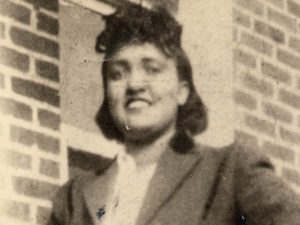
Henrietta Lacks wasn’t a scientist but she did contribute to the science world after her death from cervical cancer in 1951. Lacks was being treated for cancer while at John Hopkins Hospital. During her radiation treatment, doctors removed two cervical samples from Lacks without her knowledge. After her death, her cells were used for research in which it was discovered that Lacks’ cells were far more durable than most. Dr. George Otto Gey isolated and multiplied a specific cell, creating a cell line he dubbed HeLa named after Henrietta Lacks. The HeLa cells have been used around the world and Henrietta’s story was made into a popular book called, The Immortal Life of Henrietta Lacks. The book is now being made into a movie on HBO, starring and produced by Oprah Winfrey.
6. Leah Ward Sears
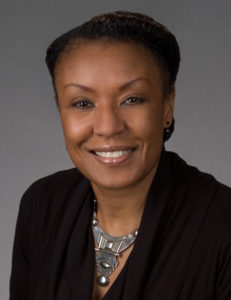
Leah Ward Sears made modern history by becoming the first African American Chief Justice in the United States. Sears was appointed as a justice in 1992 in the state of Georgia and became the first woman and youngest person to sit on Georgia’s Supreme Court.
7. W. Leonard Evans, Jr.
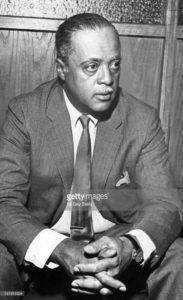
Many of us grew up on BET being the first black television network that launched in 1980 as a programming block on Nickelodeon and went to become a 24-hour TV channel in 1983, but did you know the first black owned network was called the National Negro Network that comprised of 40 basic radio stations that reached 12 million Negroes in America. The network was started by a black businessman named W. Leonard Evans, Jr., in 1953. The network stayed in operation for a year before Evans shut it down because of insufficient advertising.
There you go…every day we learn something new about our American history. We all have to make sure we stay educated.
Happy Black History Month!

Subscribe to UStyle Magazine and stay Up-To-Date and In-The-Know with the latest!




